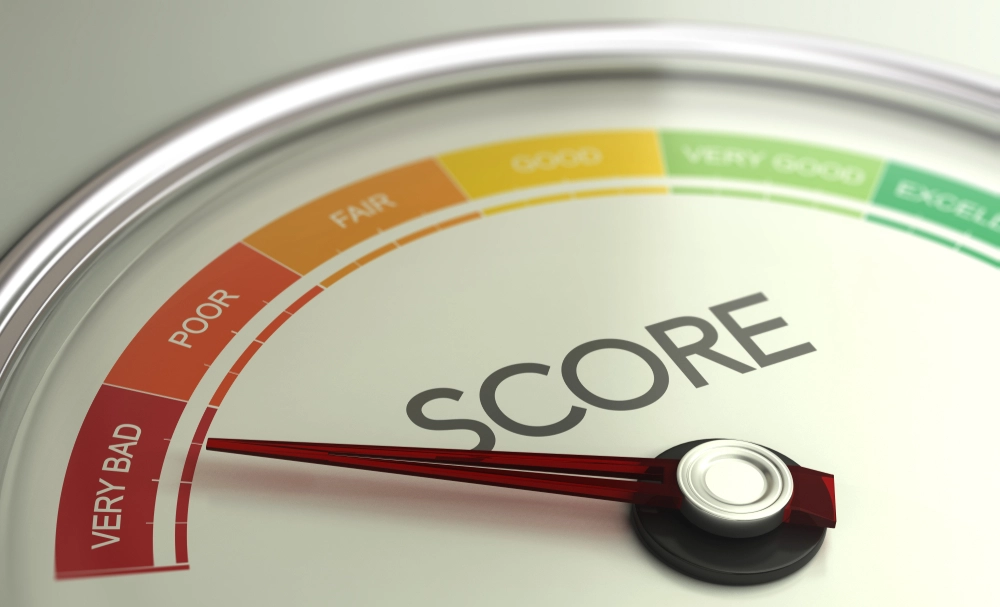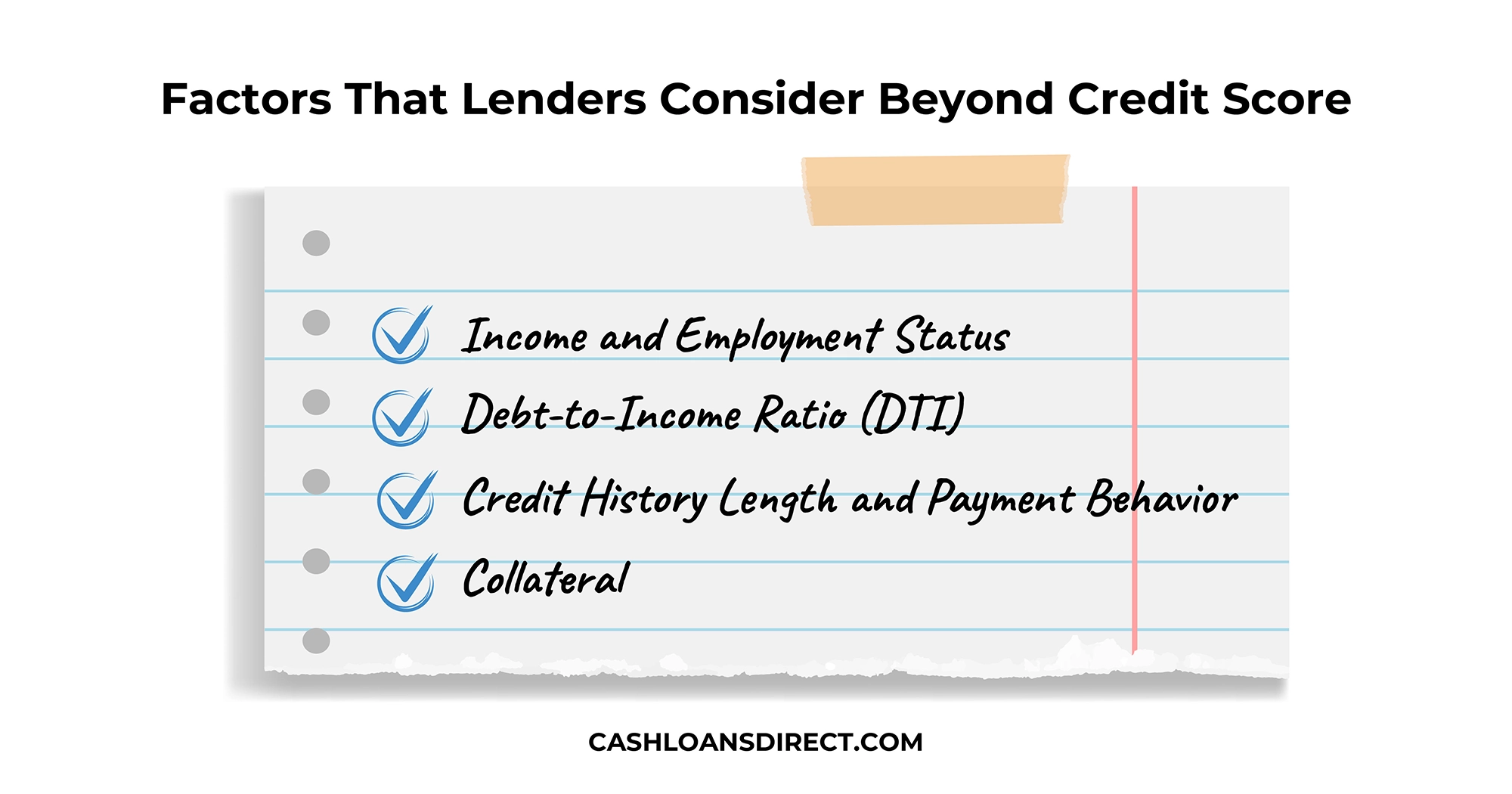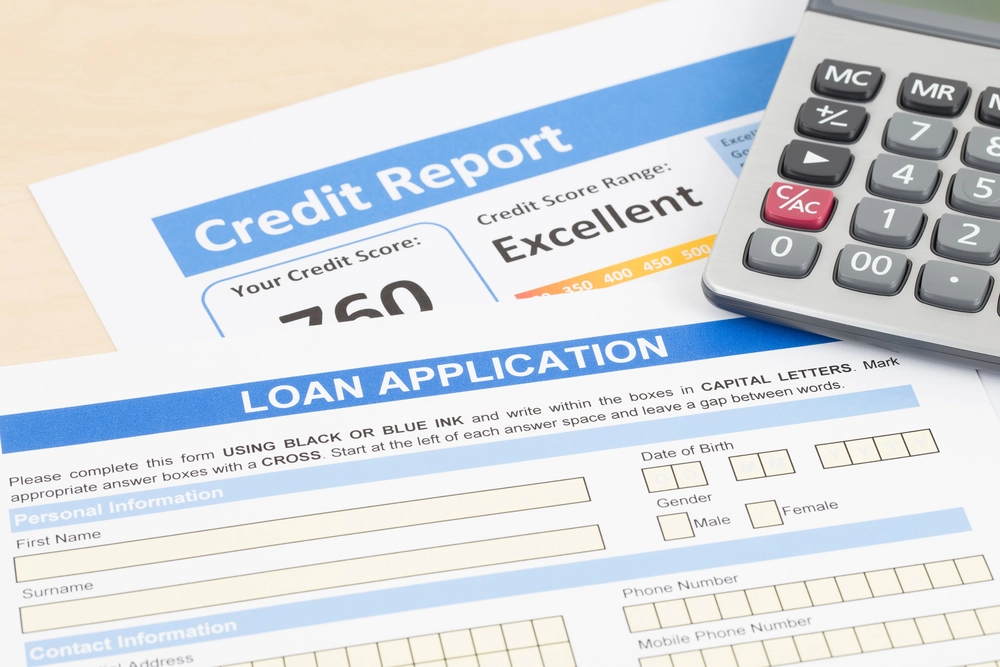california
What Credit Score is Needed for a Line of Credit?
Learn what credit score is typically needed for a line of credit.

There are times in life when we simply don’t have the cash on hand for the things we need. Perhaps it’s a car repair. Maybe it’s a home improvement. Even better, maybe it’s the opportunity to join your friends on a dream family vacation. When these expenses and opportunities arise, you need access to funds, and a line of credit is often the best choice.
A line of credit is a borrowing option that gives you flexible access to a set amount of money that you can draw from as needed. You only pay interest on what you use, and as you pay it back, those funds become available again. It’s different from a personal loan, which gives you a lump sum upfront, or a credit card, which often comes with higher interest rates and rigid terms. Common types of lines of credit include personal lines of credit, home equity lines of credit (HELOCs), and business lines of credit.
But before you can take advantage of one, you’ll likely need to meet a few eligibility requirements, including your credit score. In this article, we’ll walk through what credit score is typically needed for a line of credit, how your score affects your approval and borrowing terms, and what to do if your score falls below the preferred range.

Minimum Credit Score Requirements
Before we get too far down the path of minimum credit score requirements, let’s get on the same page about what your credit score is and what it means, in the first place.
Your credit score is a three-digit figure used by lenders to gauge how well you’ve handled borrowing in the past. Scores generally range from 300 to 850, with higher numbers indicating a stronger track record of managing credit responsibly. As of now, the average credit score in the U.S. is 715. That places many Americans in the “good” credit range, which opens the door to more favorable lending options.
Here’s a general breakdown of how lenders view score ranges:
- 670 and above: Considered good credit—often qualifies for better interest rates and higher credit limits.
- 580 to 669: Fair credit—may still qualify, though interest rates are typically higher.
- Below 580: Poor credit—approvals are less common, though secured options may still be available.
It’s also worth noting that different lenders set their own requirements. Traditional banks tend to have stricter standards, often favoring applicants with scores well above 700. Credit unions may offer more flexibility, especially to long-time members. Online lenders, including companies like Cash Loans Direct, often serve a wider range of credit profiles and may have more lenient thresholds.
Lastly, the type of line of credit matters. Secured lines of credit, which are backed by collateral like a home or savings account, usually come with lower credit score requirements. Unsecured lines of credit, which don’t require collateral, rely more heavily on your creditworthiness and typically require higher scores.
Factors That Lenders Consider Beyond Credit Score
While your credit score provides lenders with a prediction of your ability to handle credit responsibly, it’s not the only thing they look at. Approval for a line of credit depends on several other financial details that give lenders a more complete picture of your situation.
Here are some key factors that may influence your approval:
- Income and Employment Status: Lenders want to see that you have a stable income to repay what you borrow. Steady employment, freelance work, or even retirement income can all count, as long as it’s reliable.
- Debt-to-Income Ratio (DTI): This number shows how much of your monthly income is needed to pay your debts. A lower DTI—typically under 35%—suggests you’re less financially stretched.
- Credit History Length and Payment Behavior: A longer credit history with on-time payments works in your favor. Missed or late payments can hurt your chances.
- Collateral: For secured lines of credit, the value and type of collateral you offer—such as home equity or a savings account—can significantly impact your approval odds.
Want to boost your chances before applying? Here are some tips.
- Pay down existing debts to lower your DTI.
- Make on-time payments for all bills, including utilities and rent.
- Avoid applying for multiple new credit accounts at once.
- Review your credit report for errors and dispute any inaccuracies.
Even small improvements can make a big difference when applying for a line of credit.

How Credit Score Affects Loan Terms
So, how does all of this affect your potential loan terms?
Your credit score for line of credit applications can play a major role in the terms you’re offered. A higher score often translates to lower interest rates, higher borrowing limits, and better overall flexibility. Lenders see you as less risky, so they’re more likely to extend favorable terms that make borrowing more affordable and predictable.
If your credit score falls in the fair or poor range, you might still be approved, but you could face:
- Higher interest rates, which make borrowing more expensive
- Lower credit limits, reducing how much you can draw
- Stricter repayment terms with less flexibility
- Additional fees, such as maintenance charges or early repayment penalties
Approval speed can also vary. Applicants with higher scores often move through the process more quickly, while those with lower scores may need to provide additional documentation.
It’s smart to regularly check your credit report and score through a trusted source, such as with annualcreditreport.com. Understanding what goes into your score, such as payment history, credit usage, and account age, can help you make better financial decisions. Whether you’re applying for a line of credit, comparing installment loans, or simply focused on managing your cash flow, knowing where you stand is the first step toward stronger financial health.
Know Your Credit Score Before Applying for a Line of Credit
Understanding the credit score for line of credit approval is just one part of the financial picture. Lenders also consider your income, debt, and overall credit history when reviewing your application. A higher score can unlock better terms, but there are still options available if your credit is less than perfect.
At Cash Loans Direct, we offer flexible financial solutions by facilitating safe and secure installment loans that can help you better stick to your budget and meet your financial goals. Apply now to get started and see what options may be available for you.
Are you ready to apply?
Click Apply Now to complete our easy online loan application and instantly receive your loan decision.




